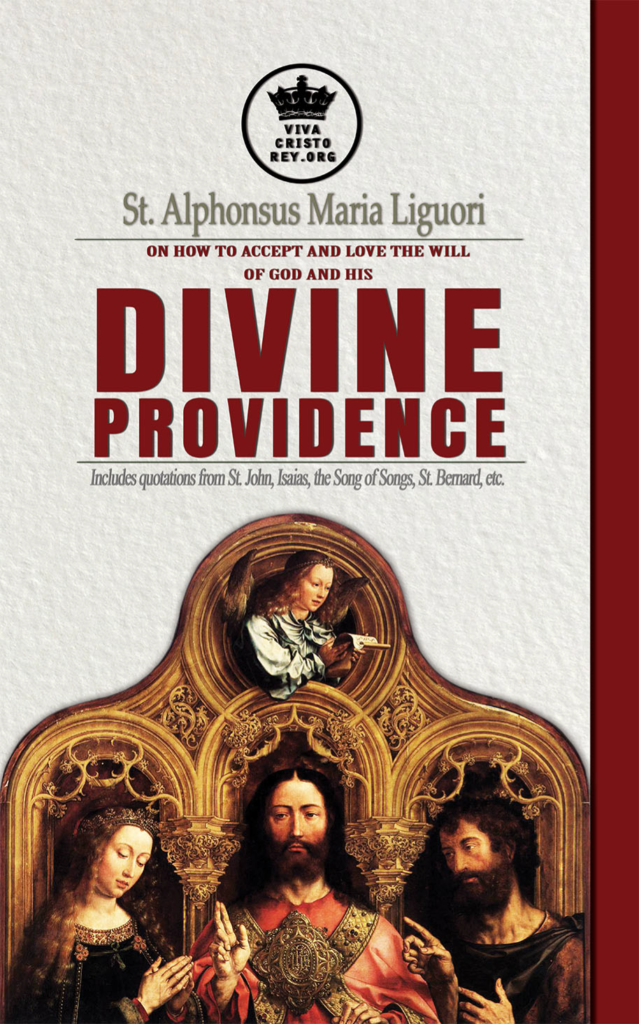The following text comes from the book titled: Moral Theology A Complete Course Based on St. Thomas Aquinas and the Best Modern Authorities.
This text is in the public domain, and we think our readers would benefit from the extracts that we would publish here.
We will organize these posts via the MT abbreviation (which stands for Moral Theology) and you can also check the Moral Theology section of our website.
Definition: Moral Theology is defined:
Etymologically
As the study of God, considered as the beginning and the end of man’s moral life, i.e., of those acts that proceed from reason and will
Scientifically
As that part of Sacred Theology which treats of God as our Last End, and of the means by which we may tend to Him.
Hence, Moral Theology differs from various related sciences or habits. Thus:
- It differs from Ethics, which is the science of human conduct as directed by reason to man’s natural end, for Moral Theology uses faith as well as reason, and is concerned with man’s supernatural end.
- It differs from faith, since it includes not only principles revealed by God, but also conclusions derived from them.
- It differs from synderesis, or the habit that perceives the natural principles of morality that are self-evident to the mind, for Moral Theology deals also with supernatural truths and with truths that are not self-evident.
- It differs from conscience, which draws conclusions for individual cases, since Moral Theology is concerned with general conclusions.
Relation of Moral Theology to Dogmatic Theology.
1.- They do not differ as two distinct sciences, for the main object, in the light of which all else is studied, is the same in both—viz., God.
2.- They do differ as two quasi-integral parts or branches of the same science, Dogma being concerned more with the speculative, and Moral with the practical aspects of theology. Dogmatic Theology is the more important of the two, as treating more directly on divine things and as being the basis of Moral Theology.
In Dogma, God Himself is considered in His own nature and creatures as they proceed from Him as from an exemplary and efficient cause, or Creator.
Moral Theology continues the pursuit of knowledge of God, concentrating upon Him as He is the Final Cause of things.
Creatures emanate from God by way of creation, and this is part of the subject-matter of Dogma; but creatures return to Him, each in its own proper way by virtue of its nature created by God and directed by His Providence and Government, and this return of creatures to God constitutes the general subject matter of Moral Theology.
As Divine Providence and Government are continuations of His Creation, Moral Theology continues to study and to unfold the implications of Dogma’s consideration of God as Creator. God is known to have created as an Intelligent Being ordering His handiwork to Himself as end. His special masterpiece, man, special because he is made to the Image of God, returns to God in a special way proper to him as an Image, i.e., by way of acts of his intellect and will guided and moved by Divine Providence and Predestination. It is of this special way of returning to God by man, His image, that Moral Theology treats. Thus it adds to and perfects Dogmatic Theology, enriching our knowledge of God by way of making explicit the implications of Divine Creation and Providence to His image, man.

To advance in your spiritual reform, kindly consider the profound meditations and pious lessons from the book:

TITLE: St. Alphonsus Maria Liguori on How to accept and love the will of God and his Divine Providence Includes quotations from St. John, Isaias, the Song of Songs, St. Bernard, etc.
AUTHOR: St. Alphonsus Liguori
EDITOR: Pablo Claret
Get it as a PAPERBACK:
vcrey.com/providence-book

Get it as an AUDIOBOOK on Google Play:

Get it as an AUDIOBOOK on Apple Books:
See our catalogue of Catholic books and audiobooks:
https://vivacristorey.org/en/catalogue/